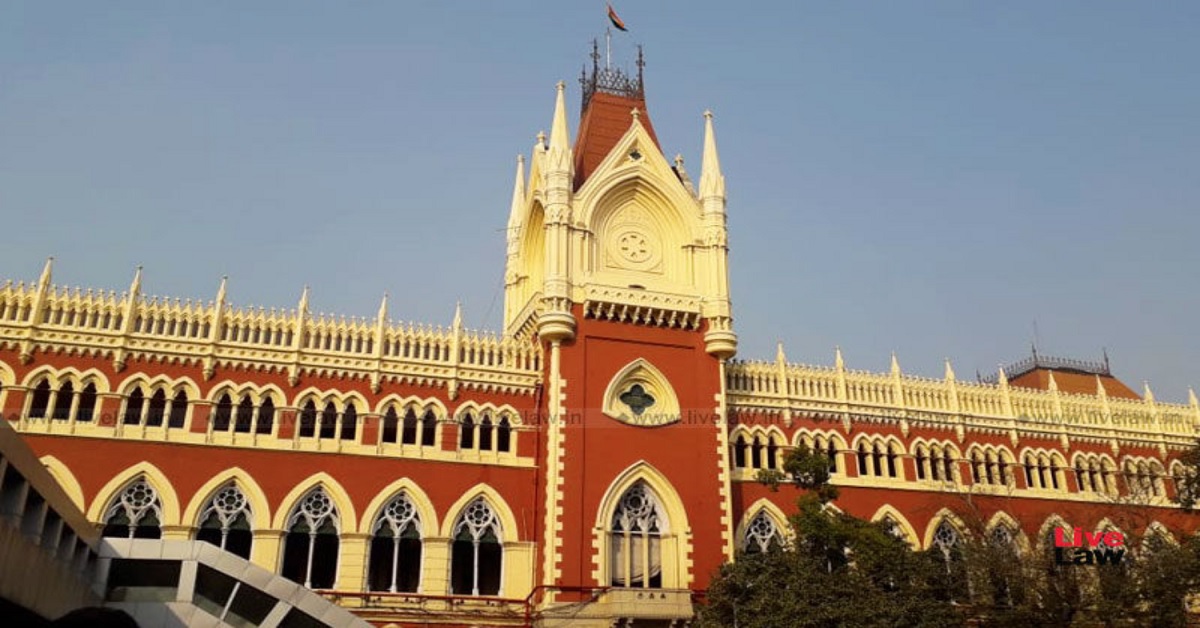The Calcutta High Court while dealing with a petition seeking pending compensation of 18 months to workers under Mahatma Gandhi National Rural Employment Guarantee Act (MGNREGA) scheme, observed that it is the job of the authorities to ensure that genuine workers receive payments on time. The bench of Chief Justice T. S. Sivagnanam and Justice Hiranmay Bhattacharya has sought concise affidavits from the Central and state government and has stated that the inquiry be conducted in an appropriate manner so that the persons, who have actually worked are not denied the wages for the labour, which they have contributed.
The matter has been scheduled for further hearing in July.
Advocates Bikash Ranjan Bhattacharya, Saptarshi Banerjee, Purbayan Chakraborty, and Kuntal Banerjee represented the petitioners in the case.
Background
The petition has been filed by Paschim Banga Khet Mazdoor Samity, representing the MGNREGA workers seeking compensation. They have sought release of payments of Rs. 2,76,484.47 lakh along with statutory interest @ 0.05% of the unpaid wages per day of delay beyond the sixteenth day of closure of muster roll. They have not received their wages since December 2021. They also sought direction from the court to the state government to implement MGNREGA upon due sanction of funds.
MGNREGA is a social security and employment generation program initiated in 2006, and was enacted to provide for enhancement of livelihood security of the households in rural areas of the country by providing at least 100 days of guaranteed wage employment in every financial year to every household whose adult members volunteered to do unskilled manual work.
The dispute arose when the central government of India stopped releasing funds for the MGNREGA scheme by order dated March 9, 2022, instructing the state government of West Bengal to pay the wages from its own resources until a satisfactory Action Taken Report (ATR) was submitted. As a result, daily-wage workers claimed that they had not received their wages since December 2021, amounting to a total of Rs. 2,76,484.47 lakh in unpaid wages over an 18-month period.
The state government submitted a new ATR on February 2, 2023, and requested the revocation of the March 2022 order. The court directed the central government to respond to the new ATR to ensure that workers who had satisfactorily completed their work under the MGNREGA scheme are entitled to receive their wages according to the principles of the Act. The court emphasized that the scheme should not be used to the detriment of workers and called for the establishment of a grievance redressal mechanism at the block and district levels.
The court also considered the contention of the state government that the directions given by the central government were beyond the provisions of the MGNREGA.
In December last year the civil rights network NREGA Sangarsh Morcha, in alliance with the Paschim Banga Khet Majoor Samity (PBKMS), held Black Day on December 27, with workers holding black flag demonstrations, thaala bajao, road blockade and public meetings marking one year of the Government of India withholding the release of over Rs 7,500 crore MGNREGA funds to West Bengal. Out of this amount, the pending wages are touching a staggering figure of Rs. 2,744 crore. According to the report called Status of MGNREGA Employment & Wages in West Bengal FY (April to December 2022-23), there is around Rs 3,891 crores of perceived loss in NREGA wages from pre-Covid years (average of 2018-19 and 2019-20) and Rs 6046 crores in comparison to post-Covid years (average of 2020-21 and 2021-22)
The court’s directions
The court has directed the Central government to respond by specifically stating as to what is the decision taken on the State’s ATR.
The court held that, “it should be the endeavour of all the concerned authorities to ensure that the benefits under the Act of 2005 as well as the schemes, which have been formulated under the Act of 2005 are implemented.” The court added that if the Central government believed there has been misappropriation of funds, “the endeavour of the authority should be to separate the chaff from the grains.”
“If genuine persons have offered themselves for employment under the provisions of the Act of 2005 and they have satisfactorily completed the work, then it goes without saying that those employees and workmen are entitled for disbursement of wages in accordance with the provisions of the Act and the Schemes framed thereunder,” the court said (para 11)
“Therefore, the inquiry to be conducted has to proceed in an appropriate manner so that the persons, who have actually worked are not denied the wages for the labour, which they have contributed,” the court added. (Para 12)
The court has sought precise affidavits from central and state governments by June 20 and replies by June 27.
Further, the court has also directed the state government to state in its affidavit whether it has complied with the mandate under section 19 of the Act whereby it is required to set up grievance redressal mechanisms at block level and the district level for dealing with any complaint by any person in respect of implementation of the scheme and whether any procedure has been laid down for disposal of such complaint.
The order may be read here:
Related:
West Bengal farm workers protest Centre withholding Rs 7,500 crore MGNREGA budget
With Demand for MGNREGA Work Increasing in Sept 2022, Activists Warn About Rural Distress
‘Grossly inadequate’: NREGA allocation 0.29% of GDP, World Bank recommended 1.6%
MGNREGA ‘Under Attack’? Rural Workers Demand Increased Budgetary Allocations

